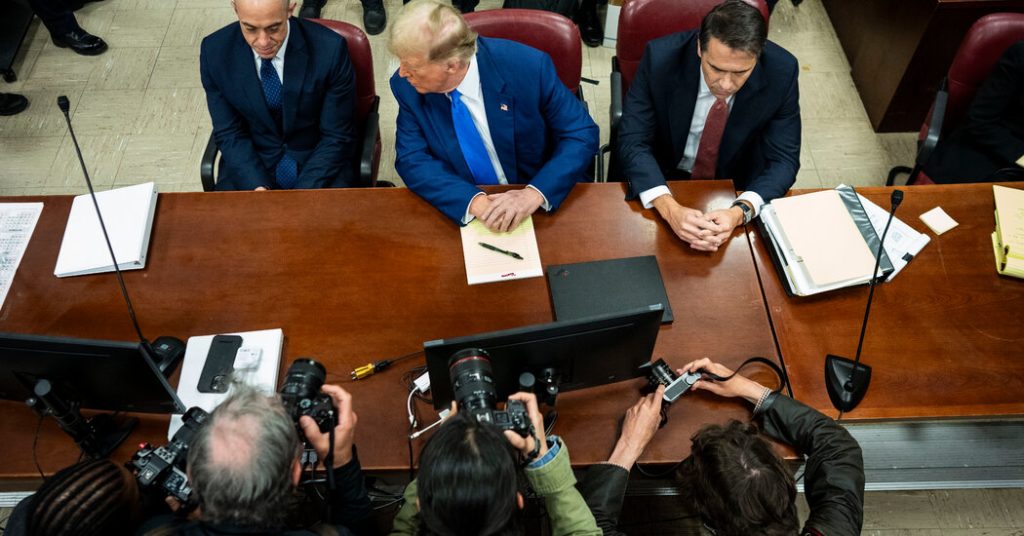Hope Hicks, the former spokeswoman and adviser to Donald J. Trump, testified in a Manhattan courtroom at his criminal trial. She expressed nervousness and discomfort at testifying against a man she once fiercely defended. Hicks became emotional during her testimony, fighting back tears as she recounted working at the Trump Organization, on Trump’s campaign, and in his White House. Despite their past close relationship, Hicks revealed that she had not spoken to Trump in nearly two years.
The prosecution called Hicks to highlight Trump’s role in suppressing a sex scandal involving Stormy Daniels. While she helped reinforce the prosecution’s story about Michael Cohen’s desperate attempts to pay hush money to Daniels, she also provided defense arguments that Trump’s motive may have been to protect his family rather than win the election. Hicks delivered vivid testimony to the jury, transporting them back to the 2016 campaign and guiding them through various scandals that Trump faced during that time.
During her testimony, Hicks recounted how the Trump campaign handled crises involving the “Access Hollywood” tape and the Stormy Daniels scandal. She described how, in the campaign’s final days, they dealt with damaging news about a former Playboy model’s affair with Trump. Hicks tried to delay the story’s release and worked with Cohen to address the situation. She also mentioned text messages exchanged with Cohen, expressing relief that the story was not getting much media attention.
As the trial delved into the details of hush money payments made by Cohen and records allegedly falsified by Trump, Hicks became tense and struggled to recall specific details. While she denied knowledge of the falsified records, she did provide potentially crucial testimony about conversations between Trump and Cohen. She noted that it would be out of character for Cohen to make a payment to Stormy Daniels without direction from Trump, supporting the prosecution’s argument that Trump directed the payment.
Hicks, once a close confidante of Trump, provided both helpful and harmful testimony for his case. She described the Trump Organization as successful but run like a small family business, indicating that everyone reported to Trump in some capacity. This portrayal of Trump as a micromanager may bolster the prosecution’s argument that he was aware of the falsified records. Hicks, a seasoned communications professional, remained cautious and self-deprecating on the stand, frequently using the phrase “I don’t recall” during her testimony.
Overall, Hicks’ emotional and detailed testimony offered a glimpse into the inner workings of the Trump campaign and organization during a tumultuous period. Her conflicting feelings towards testifying against her former boss and the impact of her words on the trial highlighted the complex relationship between loyalty and accountability in high-profile legal proceedings. As a key witness in the case, Hicks navigated the delicate balance of revealing sensitive information while maintaining her professionalism and integrity on the stand.


